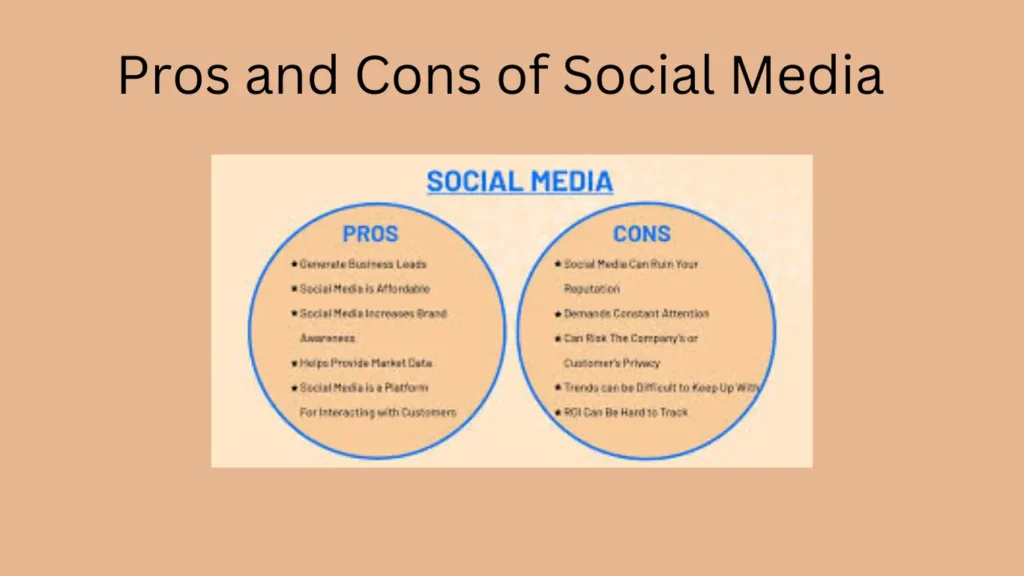Social media has become an integral part of our daily lives, offering numerous benefits as well as drawbacks. Understanding the pros and cons of social media can help you make informed decisions about how to use these platforms effectively. Here, we explore the advantages and disadvantages of social media, focusing on creating helpful, reliable, people-first content.
Pros of Social Media
1. Connectivity
Social media allows us to stay connected with friends, family, and colleagues, regardless of geographical barriers. It enables us to maintain relationships and foster new connections.
2. Information Sharing
Social media platforms serve as channels for sharing information, news, and ideas. They provide a platform for individuals and organizations to share their thoughts and content with a broader audience.
3. Business Opportunities
Social media offers businesses a cost-effective way to reach their target audience, promote their products or services, and engage with customers. It has become an essential tool for marketing and brand building.
4. Entertainment
Social media platforms offer a wide range of entertaining content, such as videos, memes, and games, providing users with a source of relaxation and enjoyment.
5. Education and Awareness
Social media can be used as a tool for education and raising awareness about important issues. It enables individuals and organizations to share knowledge and information with a global audience.
Cons of Social Media
1. Privacy Concerns
One of the major drawbacks of social media is the lack of privacy. Users’ personal information and data are often collected and shared without their consent, leading to privacy concerns.
2. Cyberbullying
Social media platforms can be used as a platform for cyberbullying, harassment, and spreading hate speech. This can have serious consequences for the mental health and well-being of individuals.
3. Addiction
Social media addiction is a real concern, with users spending excessive amounts of time on these platforms, leading to neglect of real-life relationships and responsibilities.
4. Misinformation
Social media can be a breeding ground for misinformation and fake news. False information can spread rapidly, leading to confusion and mistrust among users.
5. Impact on Mental Health
Excessive use of social media has been linked to various mental health issues, such as anxiety, depression, and low self-esteem. The constant comparison to others and the pressure to portray a perfect life can take a toll on mental well-being.
In conclusion, while social media offers numerous benefits in terms of connectivity, information sharing, and business opportunities, it also comes with its fair share of drawbacks, such as privacy concerns, cyberbullying, addiction, misinformation, and its impact on mental health. It’s essential to use social media responsibly and mindfully, keeping in mind its potential effects on individuals and society as a whole.
For further Inquires Contact Us
FAQs
How does social media benefit connectivity?
- Social media allows us to stay connected with others regardless of geographical barriers, fostering new relationships and maintaining existing ones.
What are the business opportunities offered by social media?
- Social media provides businesses with a cost-effective way to reach their target audience, promote their products or services, and engage with customers.
What are the privacy concerns associated with social media?
- Social media often collects and shares users’ personal information without their consent, leading to privacy issues and data breaches.
How does social media impact mental health?
- Excessive use of social media has been linked to mental health issues such as anxiety, depression, and low self-esteem, due to factors like comparison and cyberbullying.
How can individuals use social media responsibly?
- To use social media responsibly, individuals can limit their usage, be mindful of the content they consume and share, and prioritize real-life relationships and activities.

